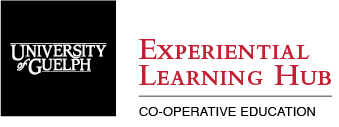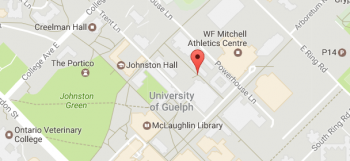Academic course work is relevant experience, but only if you tell employers how.
Step One: Review Your Course Syllabus
At the end of the term, take time to reflect on your course syllabus.
- What are the learning outcomes of your course?
- Connect the learning outcomes to employability skills. Click here to learn more about University of Guelph Learning Outcomes [1]
- What are the skills, knowledge, and experiences you developed in class? Be specific.
- How are you being evaluated?
Use this information as proof of your skills, knowledge, and experiences in a resume, cover letter, or in an interview
Step Two: Know Your Skills
There are many different types of transferrable skills. Click here to get an understanding of skills employers are looking for in applicants. [2]
Step Three: Select Material to Use in your Marketing Materials, Including Your Resume, Cover Letter, and Interviews
Have a master list of all your courses, outcomes, and connections to employability skills. You want to be able to choose from this information to be able to offer your most impressive examples to employers.
- What skills, techniques, or responsibilities has the employer asked for? Make a direct connection to the relevant skills and work you have completed in class.
- What assessments demonstrate the best you have to offer? Examples could come from the class where you achieved the best marks; it could also be the class you were most interested in; the class where you received recommendations and positive feedback from professors or peers; or the class where you felt you achieved the most growth.
This information can be included in different areas of your resume. Sample headings include: Education (bullet points below degree listing), Academic Course Work, or “Engineering” Projects (Engineering is an example; substitute the name of the field you are targeting.) Be creative! Make sure the title makes your experience stand out.


